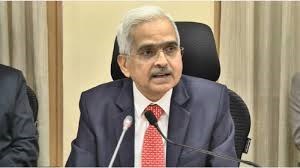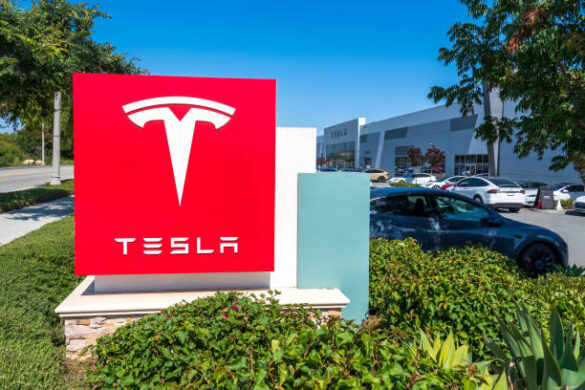Reserve Bank of India (RBI) Governor Shaktikanta Das has signaled that there will be no immediate changes in monetary policy, despite the recent decline in inflation within the country. Speaking at a forum organized by The Bretton Woods Committee in Singapore on Friday, Das emphasized that the central bank’s inflation target remains at 4%, even though inflation has been brought within the broader target band of 2-6%. “Our target is 4%, and over the last several monetary policy meetings, we have reiterated the importance of staying the course and not being swayed by temporary dips in inflation,” Das stated.
Recent data showed that inflation remained below 4% for the second consecutive month in August, but Das attributed much of this to statistical factors rather than a significant economic shift. Despite these favorable inflation numbers, the RBI has kept interest rates unchanged for over 18 months, with Das warning that any premature cut could lead to renewed inflationary pressures, especially considering the risks posed by rising food prices.
Most economists expect that the RBI will hold off on cutting interest rates until at least the final quarter of this year. This is largely because the central bank may wait for signals from the US Federal Reserve, which is also navigating its own monetary policy challenges. However, some economists argue that urban consumer demand is weakening and that the RBI should consider lowering interest rates to support economic growth and consumer spending.
Das, while acknowledging the debate, reiterated the importance of maintaining the current policy stance. He noted that India’s potential growth rate is above 7.5%, but took a more cautious tone, suggesting it is likely around 7%. “India should be able to maintain this growth rate in the next few years,” he added, projecting a steady economic trajectory.
Addressing concerns over the dip in growth to 6.7% in the last quarter, Das explained that the slowdown was primarily due to reduced government spending during election season. However, other economic drivers—such as consumption, investment, and sectors like agriculture, industry, and services—continued to register over 7% growth in the first quarter of the fiscal year.
The central bank governor also shared his thoughts on global inflationary trends and the impact on emerging markets like India. Das urged central banks worldwide to remain vigilant and adaptive, as inflation continues to be a lingering risk, despite stabilization in many regions. He highlighted the opportunity for emerging markets to take advantage of softening inflation and recovering currencies as the US dollar weakens amid anticipated monetary easing by the Federal Reserve.
On the rupee’s performance, Das emphasized that the RBI does not have a fixed exchange rate target for the currency. He clarified that the central bank intervenes in the foreign exchange markets only to curb excessive volatility and not to maintain a specific value against the US dollar or other currencies. The rupee, like other emerging market currencies, is expected to benefit from a recovering global economy and potential easing by major central banks.
Looking ahead, the RBI appears to be firmly holding its ground on the current monetary policy stance, prioritizing price stability while closely monitoring economic indicators. With inflation under control and growth projections in place, the central bank remains cautious, balancing the risks of inflation with the need to maintain economic momentum.
Das’s message to global financial authorities echoed this careful approach, as he urged them to be both prudent and agile in the face of ongoing inflationary risks. For India, the outlook remains positive, with the potential for sustained growth, but the RBI is in no rush to lower interest rates, keeping an eye on inflation, domestic consumption, and global economic trends before making its next move.



